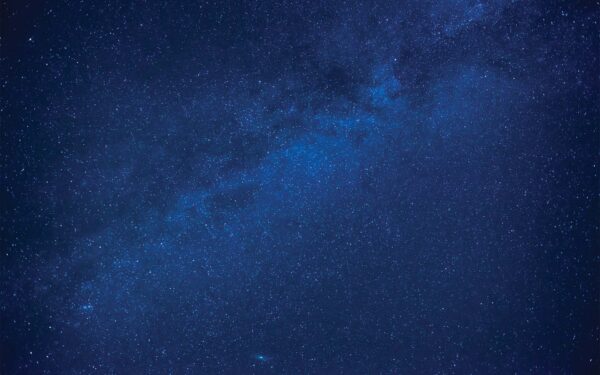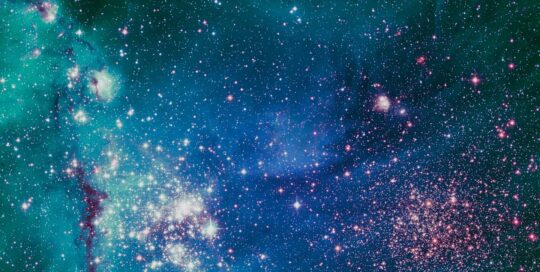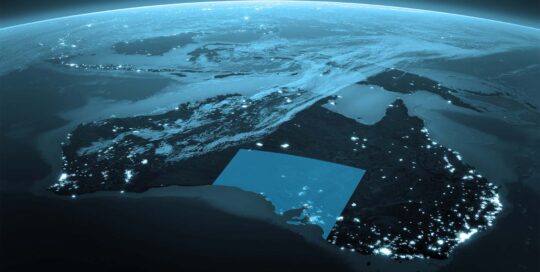In an Australian first, the GRAVITY Challenge piloted a six-week MicroGRAVITY Challenge at Hamilton Secondary College, proving that the sky’s no limit for South Australia’s next generation of STEM leaders.
Founded in Adelaide in 2019, the GRAVITY Challenge was designed to connect industry and government to global innovators in the Space ecosystem and has subsequently been adapted into a new program focused on student innovators.
From 6 May to 20 June, 20 Year 9-10 students at Hamilton Secondary College took part in the immersive learning experience designed to propel them into the exciting world of space and emerging technology.
Space Data & Technology Consultant for Deloitte GRAVITY Challenge Samantha Maxine Santos celebrated the success of the pilot program, expressing the impact that it had on aspiring space pioneers.
Ms Santos explained that as the state’s space industry continues to grow, the desired outcome of the program is two-fold.
“Our ambition is to propel South Australia to the national forefront of excellence in innovation in STEM,” she said.
As a long-standing supporter of the GRAVITY Challenge, the South Australian Space Industry Centre (SASIC) sponsored the pilot initiative, recognising its potential to help fill the talent gaps that exist in STEM and engage students on the endless career opportunities on offer.
“Knowledge opens the doors to success and the MicroGRAVITY challenge in partnership with Hamilton Secondary School demonstrates the benefits of innovative thinking and early engagement with students,” said SASIC Director Dr Catherine Grace.
Throughout the Challenge, students got to grips with downstream space capabilities, sustainability and commercial drivers. They also engaged with start-ups, industry stakeholders and government and enjoyed information sessions focused on space, AI, creative problem solving and entrepreneurship.
Following demonstrations, an all-girls team called the ‘Whale Track Foundation’ was selected as the recipient of the MicroGRAVITY Rising Star Award for delivering the most impactful solution during the event.
“We used the sessions to educate on real-world, pressing issues such as power and energy, water utilities, biodiversity conservation and climate change,” said Ms Santos.
“The ‘Whale Track Foundation’ proposed an application that raises awareness about endangered whales by allowing users to ‘Adopt a Whale’ and track its journey across the Earth’s oceans.”
A post challenge survey found that 70% of attendees believed the challenge improved their understanding of space-enabled technologies and was helpful in enhancing their industry knowledge, with 68% of attendees reporting that they are now likely to consider a career in the space sector.
Great news for the future of our space workforce!





